When starting a new road construction business, one of the first and biggest investments you face is choosing the right asphalt mixing plant. Many beginners wonder if a 40 TPH asphalt mixing plant is the right choice to start with. The truth is—it depends on your project scale, budget, and growth goals. In this post, I’ll share what I’ve seen from real project experiences and customer cases to help you make the best decision.
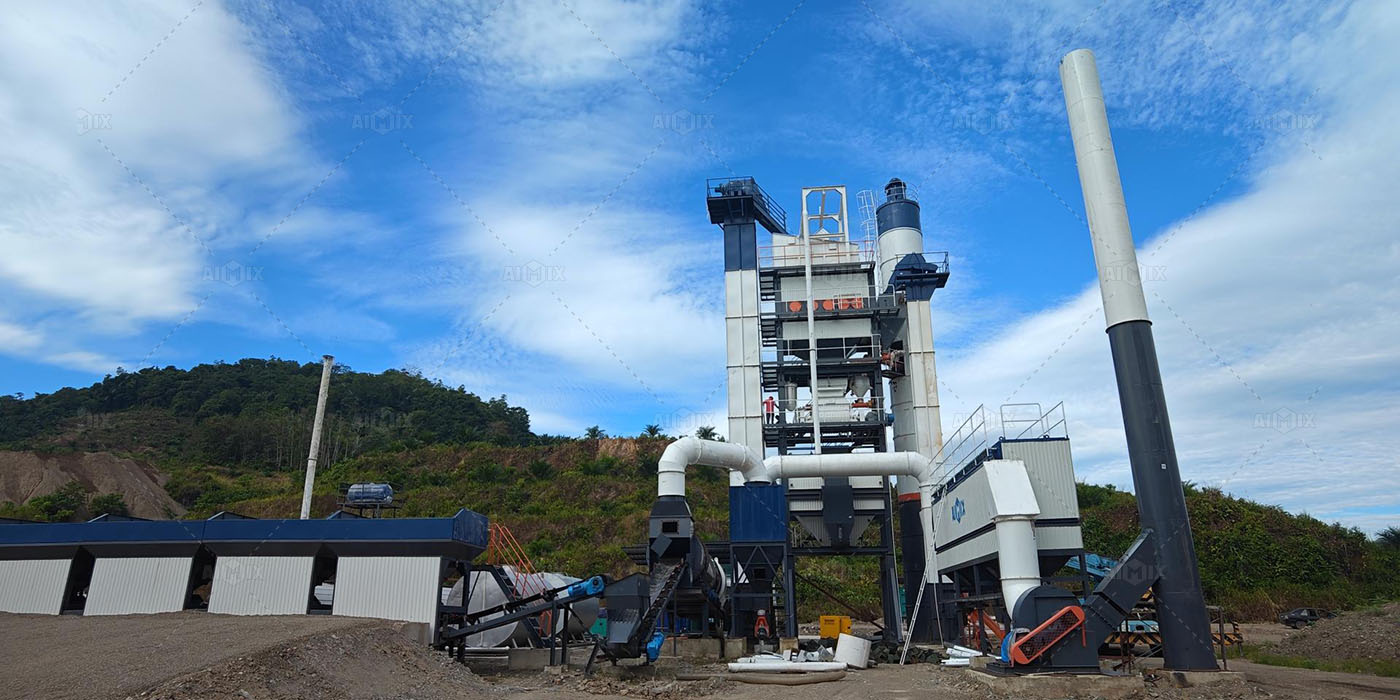
Understanding What a 40 TPH Asphalt Mixing Plant Means
Before making any investment, it’s important to know what “40 TPH” actually represents. TPH stands for tons per hour, meaning the plant can produce up to 40 tons of asphalt every hour under standard conditions. This output capacity is generally considered a small to medium-size setup and is often chosen by contractors working on local or regional road projects.
To put it in perspective, a 40 TPH plant can easily meet the needs of projects such as village roads, access roads, parking lots, or small-scale highway maintenance jobs. It provides enough flexibility for beginners to handle multiple contracts without being overloaded by high operating costs. If you want to explore different options, you can check various models of asphalt mix plant for sale that fit your required capacity and project type.
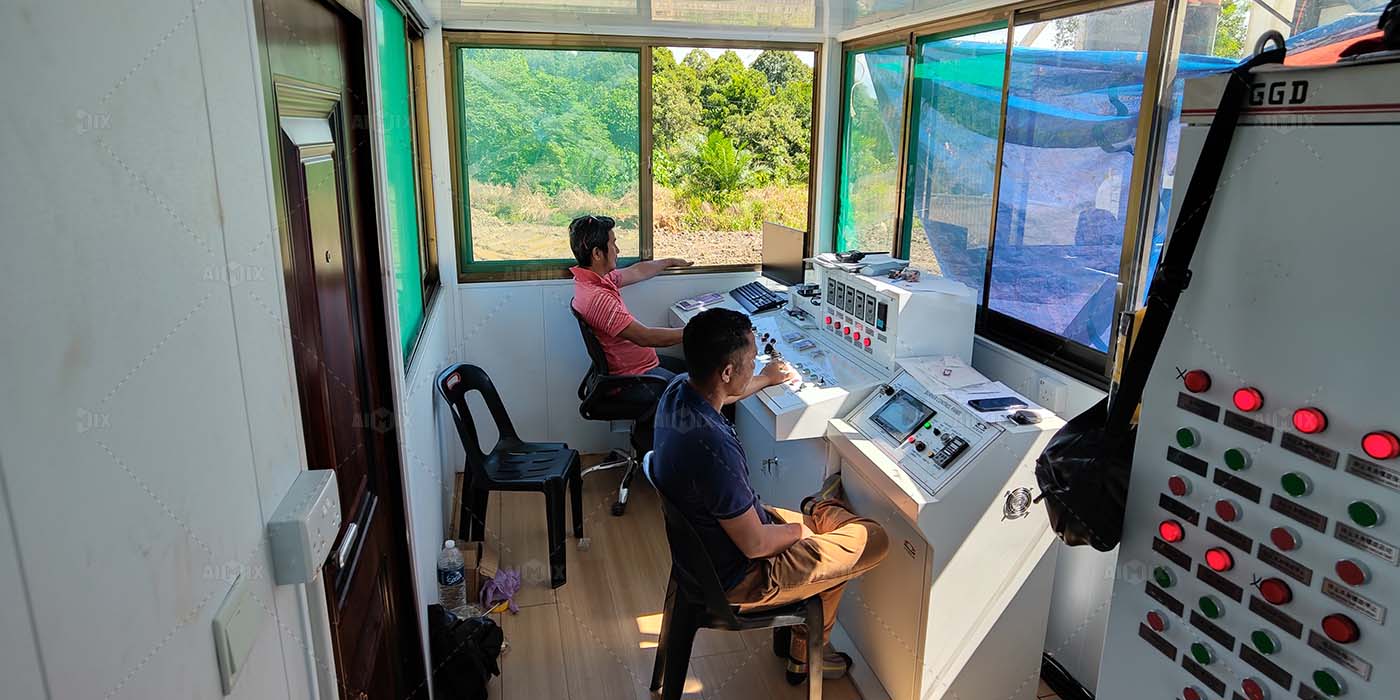
Why a 40 TPH Asphalt Plant Makes Sense for Beginners
For new road contractors, starting small but efficient is key. A 40 TPH asphalt mixing plant strikes a practical balance between investment cost, productivity, and operational simplicity. Let’s look at why it’s often a smart move for first-time buyers.
1. Lower Initial Investment, Faster Return
Compared with 60 or 80 TPH models, the 40 TPH plant requires less capital to purchase and install. This helps reduce your financial pressure when starting out. Since the plant consumes less fuel and occupies less space, your daily running costs are also lower. With the right project schedule, many contractors recover their investment within one or two years.
2. Easier Operation and Maintenance
Operating a 40 TPH plant doesn’t require a large technical team. In fact, two or three trained workers can manage the whole system efficiently. The design is simpler, so it’s easier to clean, inspect, and maintain. For new contractors, this means fewer breakdowns, less downtime, and smoother project execution.
3. Flexible Mobility and Installation
Many 40 TPH asphalt plants come in mobile or semi-mobile designs, allowing you to relocate the equipment quickly between sites. This flexibility helps contractors who handle projects across different regions. Setting up the plant usually takes just a few days, enabling you to start production faster and take on new contracts more confidently. If you need compact and mobile options, consider a mini asphalt plant, which offers excellent mobility and easy setup for small-scale projects.
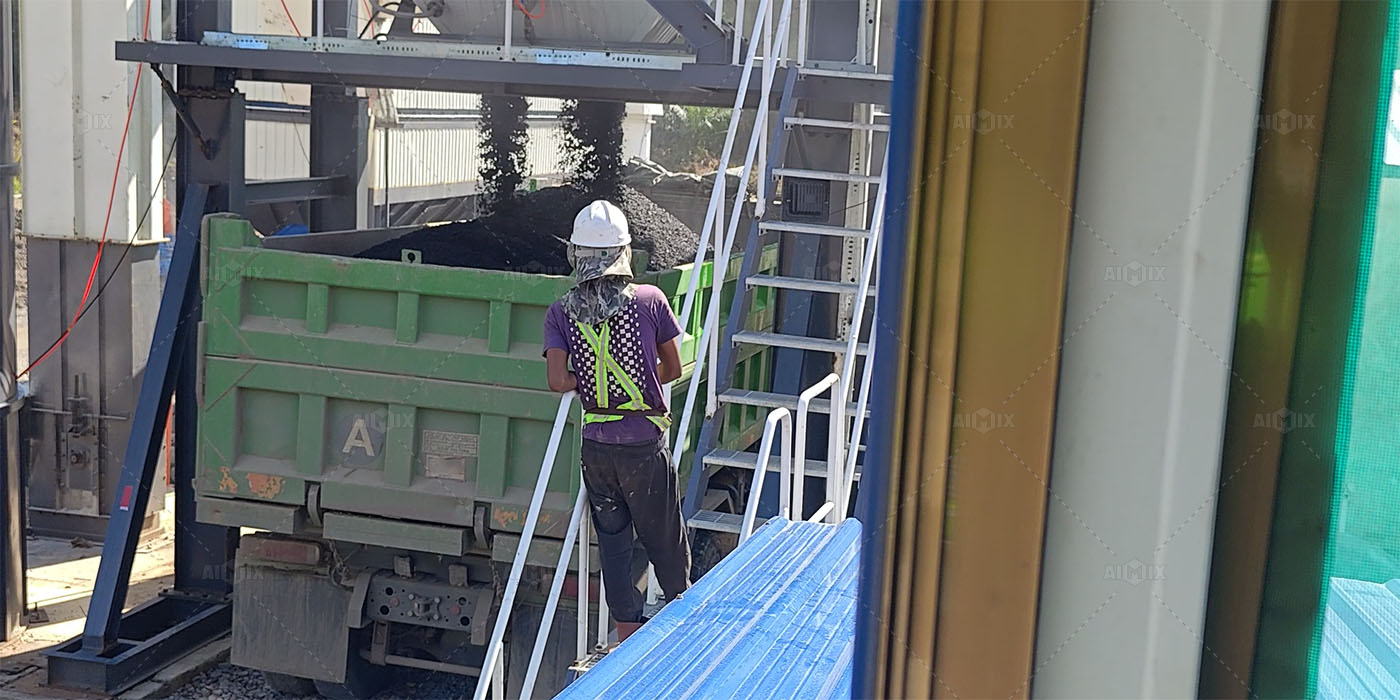
When You Might Need a Bigger Plant
Of course, not every project fits the 40 TPH range. If you plan to participate in national highway construction or large municipal road projects, you’ll likely need a plant with 80–120 TPH capacity or more. Larger plants can produce a continuous asphalt supply for big paver machines, helping avoid delays during peak paving hours.
However, starting small doesn’t mean you’re limited. Many contractors begin with a 40 TPH model and later expand their business by upgrading to higher capacities. Some even keep the smaller plant as a backup or for maintenance jobs once they purchase larger units. For those who need portable solutions to serve multiple job sites, small asphalt plants for sale provide a great combination of capacity and mobility.
Key Factors to Consider Before Buying
To make a sound decision, you should carefully evaluate several aspects before placing your order:
- Project Volume: Estimate your average asphalt demand per day or per week to check if 40 TPH meets your needs.
- Fuel Type: Choose between diesel, coal, or heavy oil depending on local fuel availability and cost.
- Mobility: Decide whether a stationary or mobile configuration better fits your project workflow.
- After-sales Support: Make sure your supplier offers local service, spare parts, and training—especially crucial for first-time users.
Considering these factors ensures you choose not only the right capacity but also the right partner to support your growth.
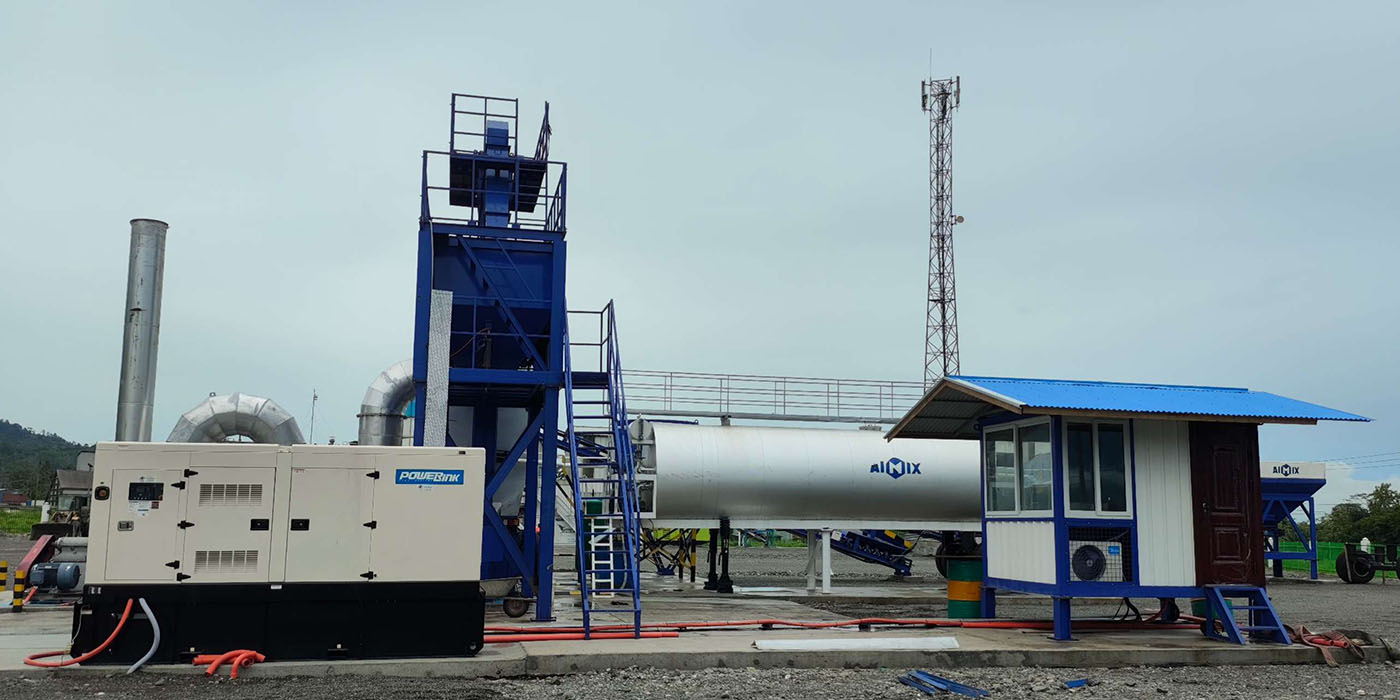
Real-World Perspective: What Contractors Say
Many new contractors who started with 40 TPH asphalt plants have shared positive feedback. They appreciate the plant’s reliability and manageable output, which helps them deliver consistent quality asphalt without overwhelming daily production schedules. Some mentioned that being able to move the plant easily between projects allowed them to expand quickly into new regions.
On the other hand, those who started too big too soon often struggled with underutilization and higher maintenance costs. The takeaway is clear: it’s better to grow steadily with a manageable setup than to overspend on unused capacity.
Final Thoughts: A 40 TPH Asphalt Plant Is a Smart Start
If you’re a new road contractor looking to build your reputation, a 40 TPH asphalt mixing plant is often the most practical first step. It gives you solid production capability, manageable costs, and operational flexibility—all essential for a growing business. You can take on small and medium-scale projects confidently while gaining valuable experience in plant operation and asphalt production.
As your workload expands, upgrading to higher capacity models will be a smooth and natural move. By that time, you’ll already have the technical skills and financial stability to scale up efficiently.
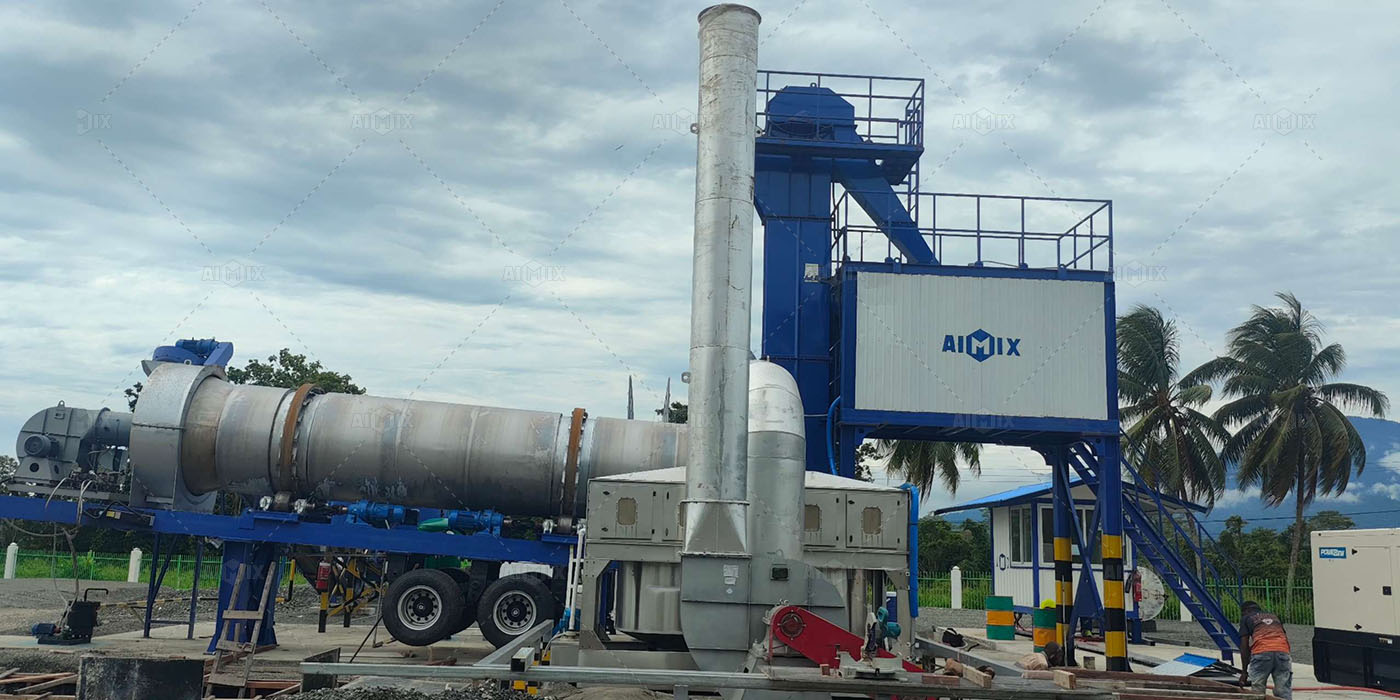
Let’s Build Your First Asphalt Plant Project Together
If you’re still unsure which capacity fits your business plan, I can help you evaluate your project size and recommend the most suitable asphalt plant model. With local installation support and engineer services in Indonesia, I can ensure your plant is set up fast and performs reliably from day one. Feel free to reach out and let’s find the right start for your road construction journey.